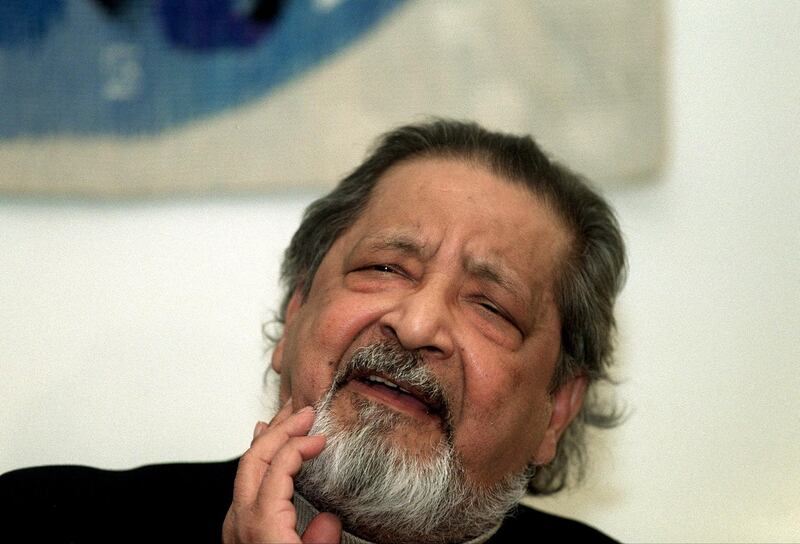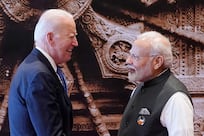In reference to the balanced article by Rupert Hawksley The brilliant but troubling legacy of VS Naipaul (August 12), Naipaul was one of the best writers in English of our time. His books will long be read and remembered. His prose read like poetry. He was gifted in the art of using words adroitly and elegantly. He used simple language to describe complex situations and emotions in an elegant manner and he never used any extra or unnecessary word in his works.
Certainly, like many great writers, Naipaul was also controversial. His book on India, An Area of Darkness, was highly critical and drew significant ire. Nevertheless, Naipaul was writing what he saw. He was not exaggerating.
The man himself was a good listener. I met him in the late 1990s at the house of the Indian writer Rahul Singh, son of the legendary Khushwant Singh. Naipaul was very interested in how rural markets in India were being transformed through the use of consumer products, a project I was then working on. I became a big fan. May his soul rest in peace and may his writing continue to inspire.
Rajendra Aneja, Dubai
There was no India or Pakistan before Partition
I write in reference to Justin Thomas's opinion piece Home is not just bricks and mortar – it's crucial to our sense of who we are (August 13): I think Dr Thomas could benefit from a history lesson. He starts his article by stating "When India was divided to create Pakistan", but prior to 1947 there was technically no nation called India. Rather, there was a subcontinent with many independent nations. The great mughals came and conquered these nations and formed it into an empire. After them the British took over and in 1947, when the British left, all the nations became independent. The states that opted to form a Muslim confederation became Pakistan and some nations decided to join a union of nations as India. Hence there was no "India" to divide. There was no partition but independence from the British empire. This is akin to implying that all of Europe or South America are one country.
That is why a Sikh and a Tamil or a Naga and Rajasthani or a Kashmiri and Keralan are all different – because they are from different nations and have nothing in common.
Khalid Ahmad, UAE
Cyber crime should be stamped out everwhere
I write in reference to your article Jail terms of up to 25 years as part of tougher penalties under UAE's cyber crime laws (August 14): the story outlines how the punishments for cyber crimes in the UAE will increase from 10 to 25 years in jail and fines of up to Dh4 million.This decision was issued recently by UAE President Sheikh Khalifa and in my view it is a good development for the UAE and the wider region. It will reduce cyber crime and therefore make people safer. Today cyber crime is present in almost every country and a proper attempt to crackdown on it in the UAE is welcome.
K Ragavan, Bangalore





